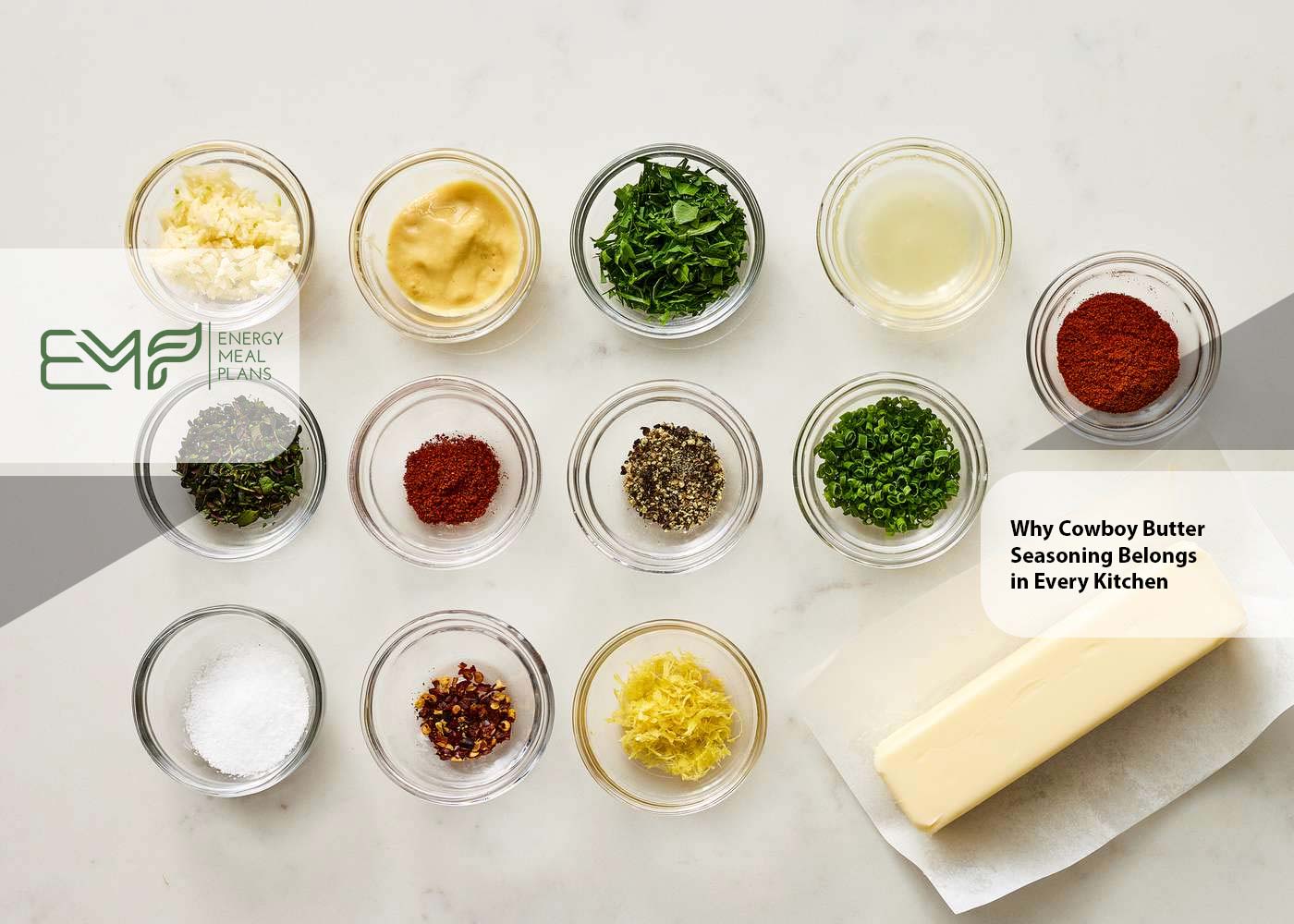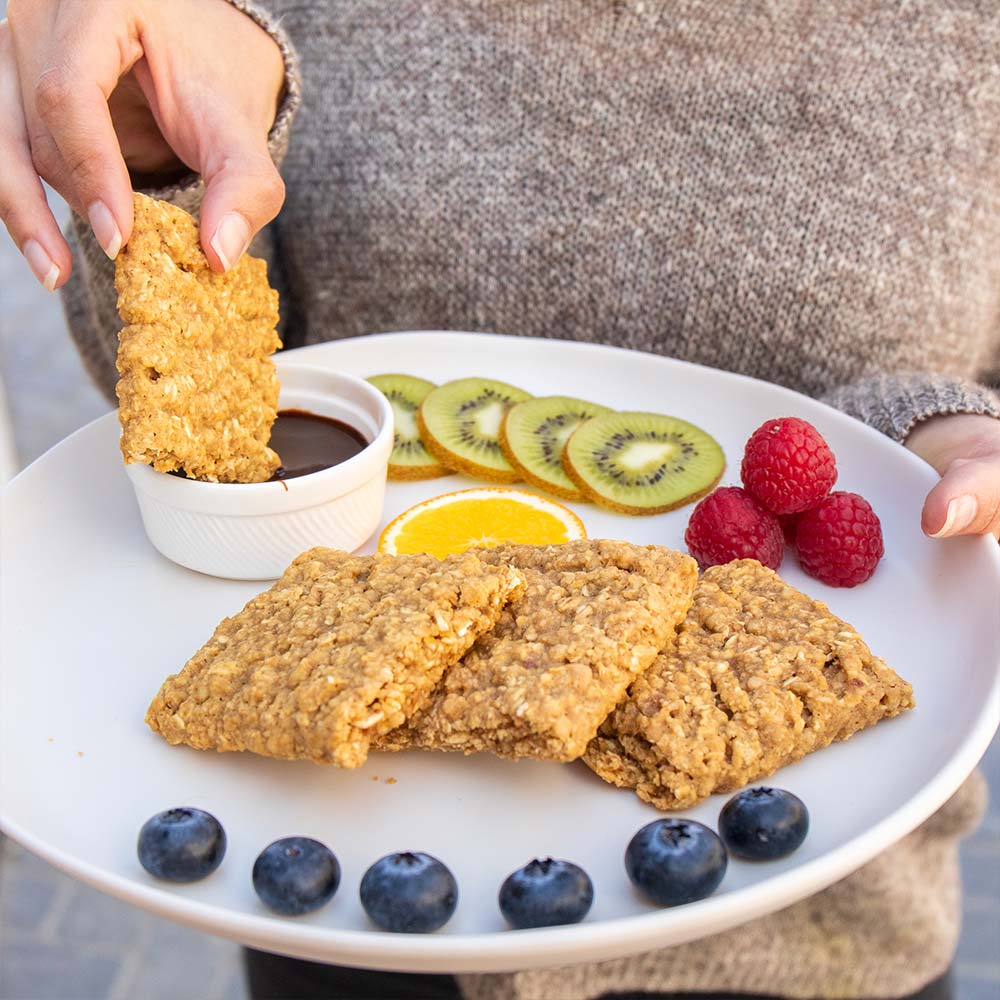Water is life—literally. The human body is predominantly
about 60% water; each function depends on water to be fully
accomplished. However, this factor is among the most overlooked due to a sense
of thinking that we only need to take water now and then. Modern people run
from one task to another so they take a coffee or any energy-enhancing drink in
moments of tiredness. But the secret to sustained energy, improved focus, and a
healthy lifestyle often lies in something simpler: water.
Too often it is possible to drink too little without
realizing this and feel tired, have a headache, or fail to concentrate on
something. Research shows adverse effects on cognitive and
physical performance when body water loss is as low as 1-2%. From increased
energy levels to improved brain function, this is a health tip that you cannot
afford to miss on how to get it right. If you are an active person, a corporate
employee or a common man looking to improve your lifestyle these simple tips
will help you to be more productive during the day.
1. Start Your Day with Water
Starting your day informs your day’s activities, and having
water in the morning can inform you on how you can improve your intake
throughout the day. If you spend hours sleeping, when you wake up, one is
usually very dehydrated hence feeling so lazy. Starting the day with at least a
glass of water rejuvenates metabolism, helps to compensate for the lost fluids
during the night and gives a person natural energy.
Pro Tip: Simply putting a slice of lemon in the water you
take in the morning gives it some flavor and is a source of vitamin C.
2. Follow the 8x8 Rule (or Customize It)
The traditional rule implies the consumption of eight
glasses of water per day of 8 ounces each. To further, it is an excellent
foundation for the factor that requisite hydration differs with age, motion,
and climate.
For more individualized advice, try to consume approximately 50 per cent of your body weight in ounces of water daily. For example, if your body weight is 150 pounds, try to drink 75 ounces of water. You have to compensate for the loss by way of increasing your consumption of fluids through food and drink if for instance your metabolism is boosted through exercise or if it is hot and you are sweating.

3. Eat Your Water
In addition to beverages, the water intake also falls under
what we consume in our meals. Most fruits and vegetables are comprised of
significant portions of water and, therefore count toward daily fluid
consumption. You should also include other fruits such as watermelon, cucumber,
oranges and strawberries in your diet to support your hydration plan.
Bonus Tip: There are also other delicious and healthy,
especially when it comes to improving the fluid intake, these are soups,
smoothies and herbal teas.
4. Drink Water Regularly, Not Just When You’re Thirsty
Feeling thirsty is an indication of mild dehydration
according to researchers, but usually, by the time you feel like sipping water,
you are already dehydrated. Don’t wait until you get thirsty to take water
instead take it from time to time in a day. Have alarms on your phone or
utilize a smart bottle that will notify you whenever it is time to drink more
water.
5. Don’t Overlook Electrolytes
Water alone does not constitute hydration. Sodium,
potassium and magnesium are great electrolytes, which are needed for the body
to keep the fluids in check, especially in cases of sweating after vying or
during hot weather.
Replace the electrolytes through foods such as bananas,
coconut water or even these green. acquire more electrolytes from bananas,
coconut water or even these greens. Where the consumption, for instance, is
going to be high due to sweating during rigorous exercises such as football,
and basketball among others, then powder drinks or tablets with special
electrolytes are good to be taken even though they contain added sugar.
6. Limit Dehydrating Beverages
It must be noted that such products as coffee, tea and
alcohol which are familiar to any diet may result in dehydration. These
beverages have a diuretic effect which causes a profound loss of fluid in the
urine.
Nonetheless, if you take caffeine in the morning, you should
match it up with additional water intake in between the daylight hours. A good
rule of thumb: To everyone who takes coffee, they should make a point of
drinking that much more water, for each cup of coffee they take.
7. Stay Hydrated During Exercise
From rolling out the sweat to running a yoga session, proper
intake of fluids is important to performance and avoiding muscle soreness.
While exercising, one's body tends to lack water and this causes fatigue, less
endurance and muscle cramps.
- Before Exercise: This means one or two hours before
commencing water should be taken.
- During Exercise: Drink water every 15-20 minutes
irrespective of the duration of moderate exercises provided it goes for more
than 30 minutes.
- After Exercise: Replace the body fluid lost by taking water
or an electrolyte-containing fluid.
8. Make Hydration a Part of Your Routine
Drinking water is not just an activity; it is part of the
daily regimen. Here are some practical tips to weave it seamlessly into your
day:
- Carry a Reusable Water Bottle: It is convenient to have
water around to make it possible to take sips much as one would do with tea.
- Track Your Intake: Applications such as my fitness pal can
be used to track down the amount of water one takes per given day.
- Infuse Flavor: Plain water may seem uninteresting; impress
your taste buds by adding your preferred fruits, herbs or cucumber.

9. Recognize the Signs of Dehydration
By paying attention to our bodies, you can easily prevent
yourself from getting dehydrated. Common signs include:
- Fatigue or low-energy
- Dry mouth or lips
- Dark yellow urine
- Headaches or dizziness
- Difficulty concentrating
Deal with these symptoms by drinking water and ensuring you
take foods that are composed of water in your diet.
Conclusion
Drinking water is one of the most valuable recommendations
for a healthy diet, it is more than just a piece of advice. From enhancing
one’s alertness and enabling him or her to concentrate as well as eliminating
thirst and promoting general health, water is an important aspect of one’s
day-to-day functioning.
Making use of these tips that relate to hydration at the
workplace can change your energy levels, focus, and even your ability to work
out. Drink water in the morning, drink water throughout the day and do not
underestimate the importance of water-containing foods and supplements.
If you consider water, you are getting the best bang for
your buck in terms of a better you: one that is more energetic and
productive. Understand that significant
improvements in health often start from the most basic modifications –start
your health improvement by getting a water bottle and taking a sip towards a
brand new and healthier day.






























